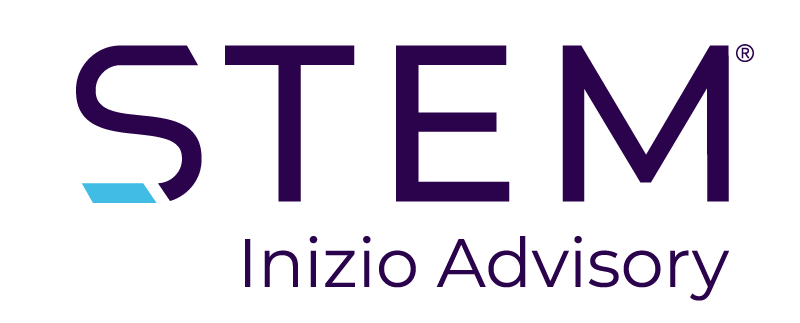Overview:
“The most important thing we look for is a growth mindset.”
Sarah Lee joined STEM in 2013 as a Junior Analyst after completing an economics degree at university. As the company grew she took on managerial positions and in 2019 was promoted to Head of Analysis, responsible for a team of 50 across the UK, China and Japan.
What appealed to me about joining STEM was that I would get a lot of exposure and accountability early on.
In economics it’s about problem-solving and applying analytical skills, so when I left university I was looking to be able to do that in a business context. With STEM I liked the fact that I could work directly with and learn from senior stakeholders, have accountability and get the chance to think on my feet right from the start. The company was quite small when I joined – I was the fourth analyst to join the team. But after that first year we grew very rapidly and, as we needed managers, I put myself forward and was given the opportunity. I found that I really enjoyed supporting people in their development and helping them shape their careers.
As an analyst you’re not just dealing with data, you get a real understanding for the client’s situation so you can provide the insights they need to accelerate performance.
Our analysts work closely with project leaders – and increasingly with clients themselves – to make sure projects are set up the right way in order to gather the right data. Then it’s about analyzing that data rigorously and turning it into meaningful insights in a simple and compelling way for our clients. Those insights highlight strengths and opportunities that help clients get better at what they do, which, at the end of the day, gets more patients around the world access to drugs that will ultimately improve their quality of life.
Typically, our analysts have a scientific or numerical background, but the most important thing we look for is a growth mindset.
We want people eager for personal growth – who are curious to learn, want feedback and will act on it to improve their capabilities. But we’re also looking for people to influence our organization in a positive way, by asking questions, challenging convention and exploring new ways to do things.
The structure and support we have here means you’ll develop faster than perhaps you would with other organizations.
We work with all the major pharmaceutical companies, across so many brands, and with all kinds of different teams, in many geographies around the world – it’s great exposure, particularly if you’re early on in your career. We encourage everyone to explore different opportunities – to dip your toes into lots of areas, whether it’s working at a field level if you want to or getting involved in developing new and innovative product offerings.
STEM is often described as being like a family – that culture’s remained even as we’ve grown.
You’ll be supported from day one. Everyone has a coach and separate line manager, but there’s plenty of opportunity to get advice and help from everyone. You’ll even get the chance to be a coach yourself fairly early on at STEM. There’s a lot of training available to develop in your role, but above all there’s a real sense of caring, that you can reach out to anyone and they’ll help you.
What advice would I give the me just starting out? Learn as much as you can.
Ask questions, be like a sponge and just absorb everything. Having that growth mindset I talked about is really key.

Related reading.
Jump to a slide with the slide dots.
Meet the team: Azi Uzuh – First Project Management Team Leader
Azi Uzuh began her career in investment banking with J.P.Morgan before joining STEM in 2017 as a Business Analyst.
Read moreMeet the team: Harry Foster – Director of Analytics and Operations
After graduating with a finance degree, Harry Foster was one of the first employees to join STEM in the US.
Read moreMeet the team: Justyna – Global Trainer
Justyna started as a freelance field worker for STEM in 2012.
Read more